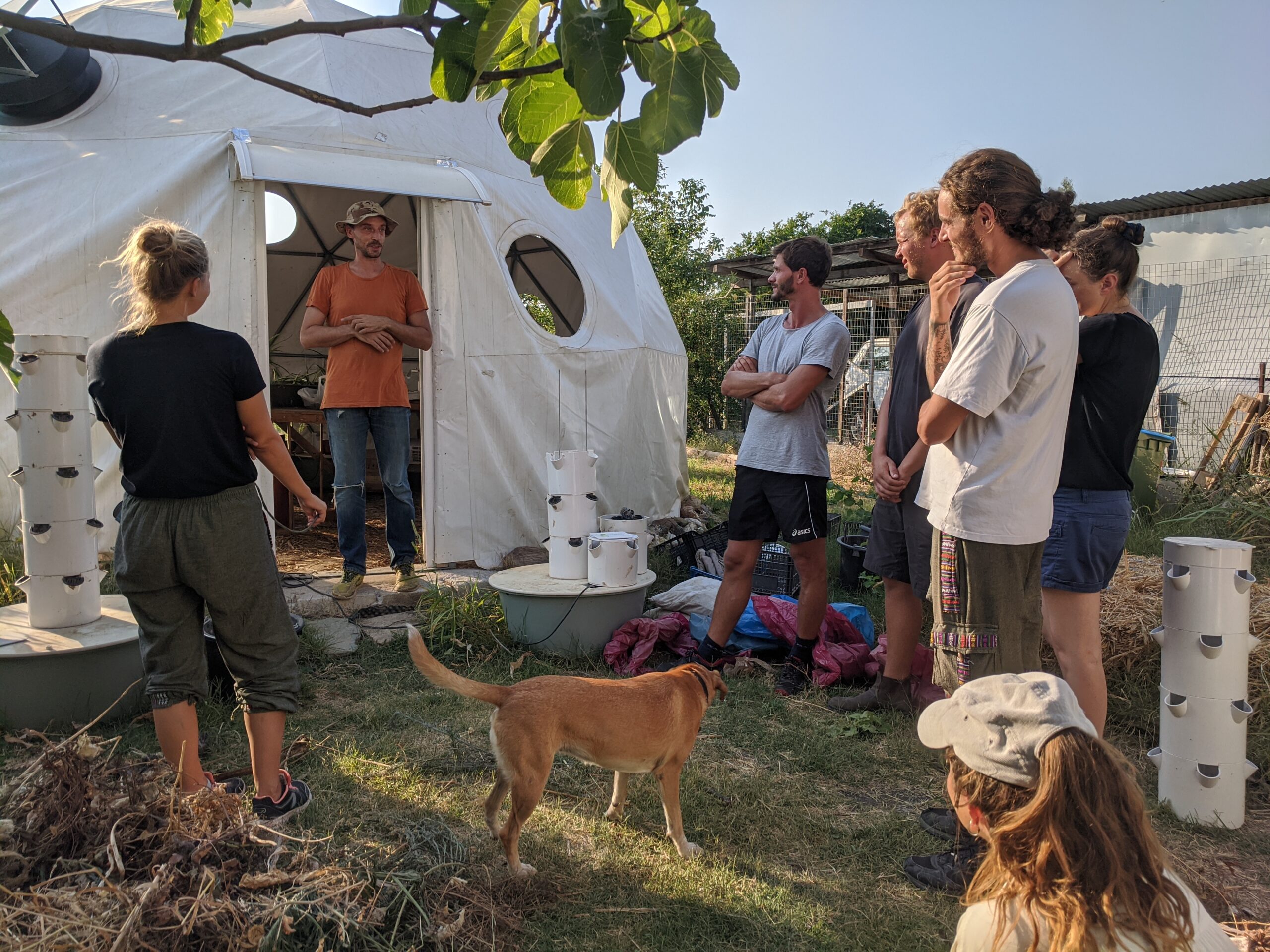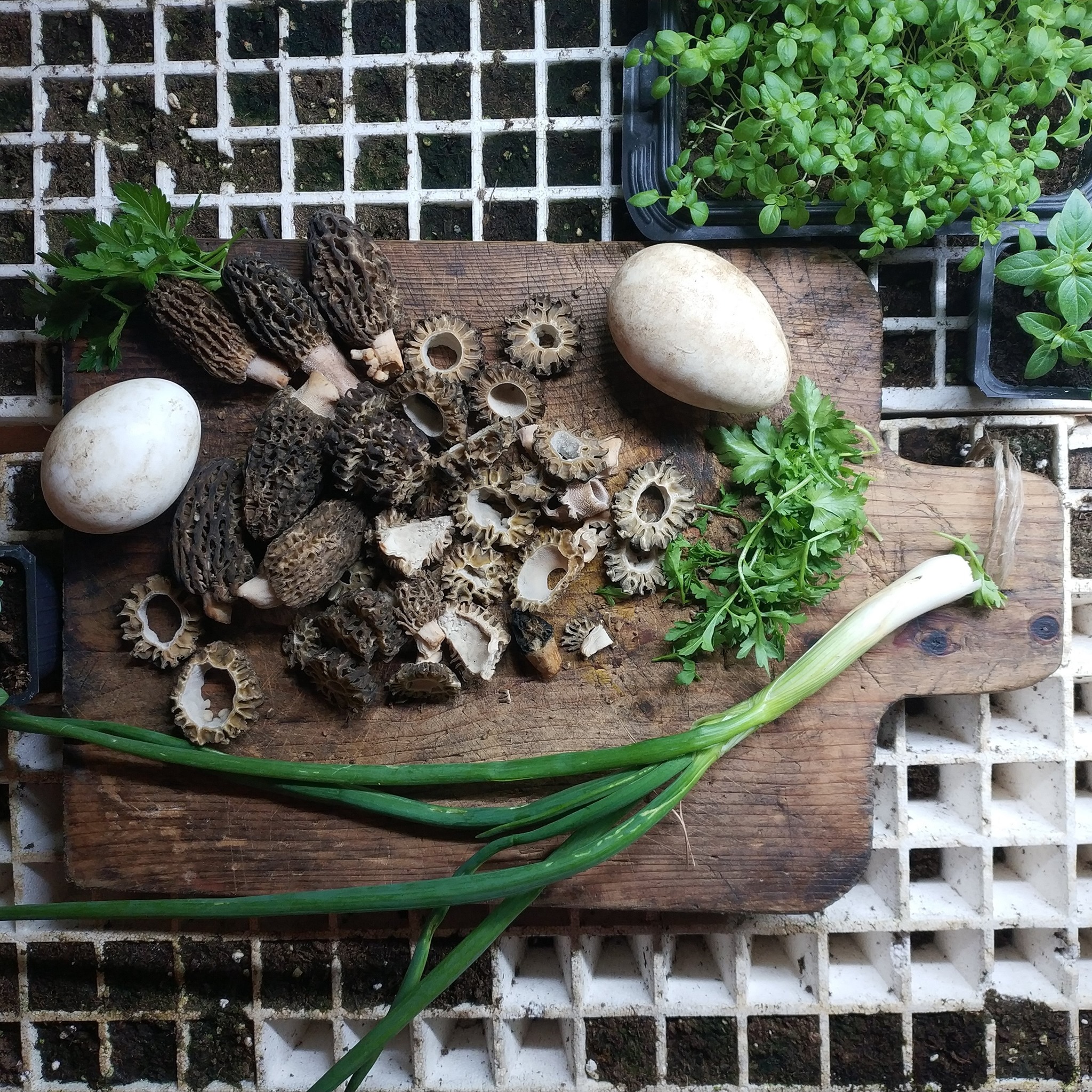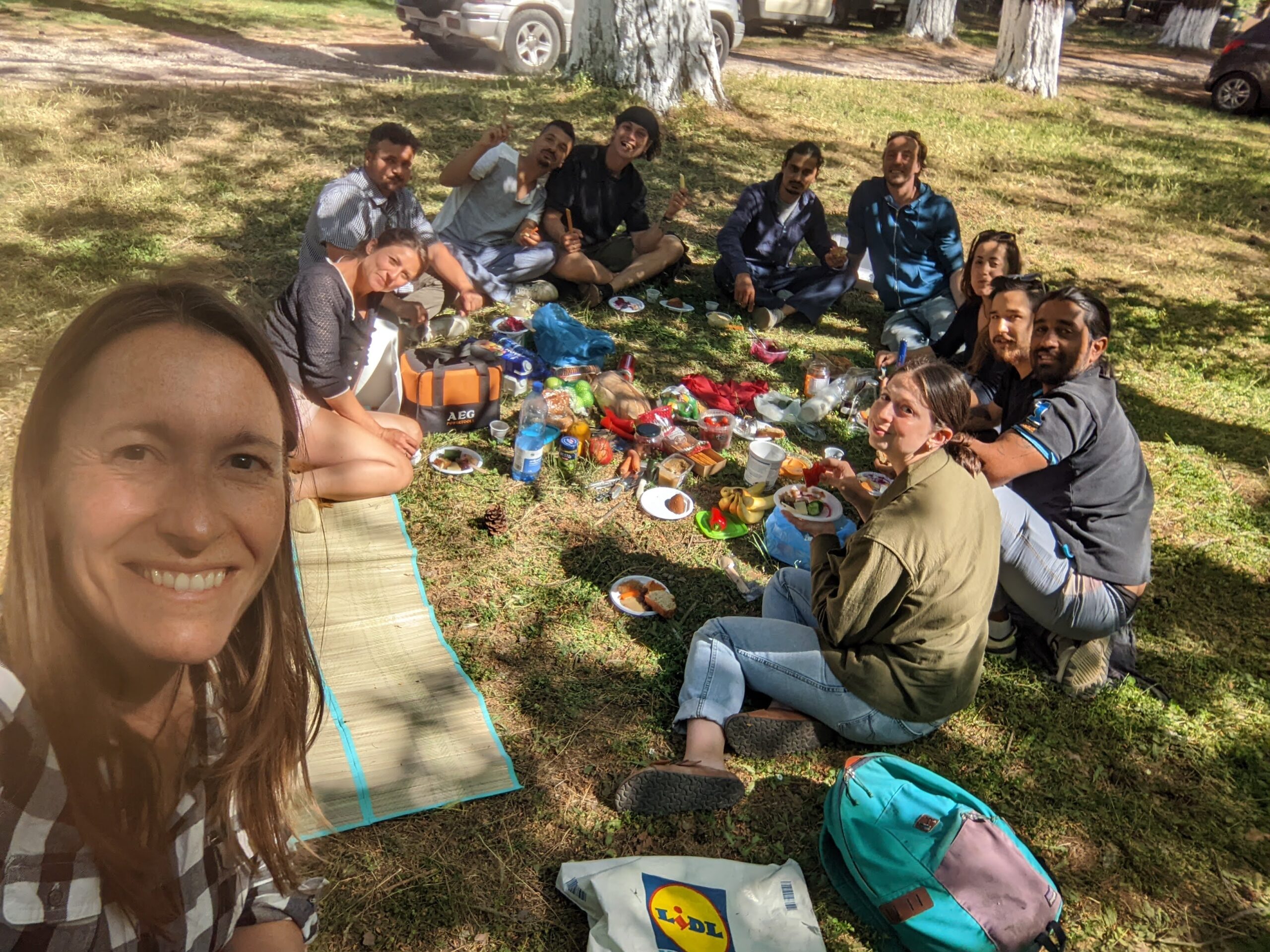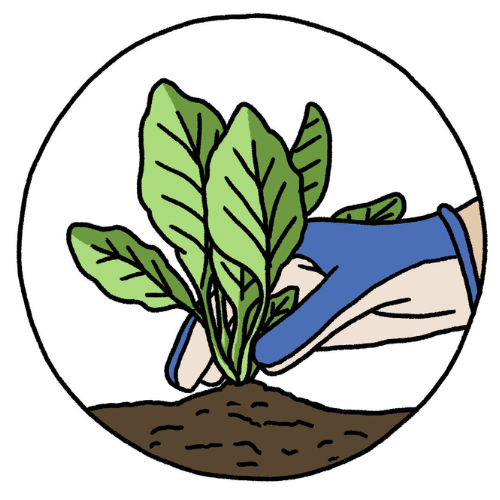Project Description:
Foraging for wild food on Lesvos Island is a cultural knowledge connected with the place’s geographical, ecological, and scientific history. Being surrounded by the natural borders that the sea creates, the limitation of food consumption in the past made the habitants start exploring the wild.
This relationship has been alive for some time through the years because of the unique flavours in the local cuisine and the properties that people find in these natural products. Until now, there is information that has passed between generations and will disappear because of different factors (humanmade and environmental). Lesvos has a unique biodiversity in species, where plants, mushrooms and other organisms live harmonically without being disturbed that much by conventional industrial agriculture. Some habitats are still kept foraging in nature and can contribute to recording the uses for preservation. The long relationship between nature and humans is needed to maintain and restore the nutrition in humans’ diets.
Project Type: Kick Starting Grant
Theme: Sustainable Lifestyles, Food
Mentor:Jacqueline Goldin
Wild Harvest: Bridging Generations, Preserving Nature
On the island of Lesvos, nestled between rolling hills and sparkling seas, lies a treasure trove of knowledge waiting to be rediscovered. This is not gold or ancient relics but the rich and underappreciated tradition of foraging for wild edible plants, herbs, and mushrooms. Through the Wild Harvest project, the Sporos Regeneration Institute is reviving this cultural heritage, creating intergenerational connections while promoting sustainable practices that benefit both people and the planet.

The Heart of the Project
Wild Harvest focuses on the ethnobotany of Lesvos, leveraging citizen science to breathe life into local knowledge. Using questionnaires and interviews, we document how wild plants are identified, harvested, and used—for food, medicine, and other traditional practices. Local residents, from seasoned foragers to curious students, serve as citizen scientists. Equipped with clear guidelines and tools, they conduct interviews, collect data, and photograph plants.
A standout feature of the project is the intergenerational exchange it fosters. Students engage with elders, capturing stories and wisdom that might otherwise be lost. This is more than data collection—it ensures that traditional knowledge remains a vibrant and integral part of the community’s identity.

Why It Matters
In today’s fast-paced world, traditional practices like foraging are fading, overshadowed by modern convenience and industrialized farming. Yet these wild edibles hold immense value. They offer affordable, nutrient-rich food alternatives at a time when rising costs and processed goods dominate diets. Beyond nutrition, sustainable foraging nurtures a deeper appreciation for biodiversity and strengthens environmental stewardship.
Lesvos, with its unique and diverse flora, is the ideal setting for this work. Documenting these practices not only empowers local communities but also preserves cultural heritage while inspiring a broader shift toward sustainable living.
The IMPETUS Boost
Joining the IMPETUS Accelerator has been transformative for Wild Harvest. The program provided mentorship, resources, and networking opportunities that have sharpened our approach and expanded our impact. With guidance from experts, we’ve refined our citizen science framework, enhanced community engagement, and ensured alignment with broader initiatives like the European Green Deal and the UN Sustainable Development Goals.
The accelerator also connected us with like-minded projects and organizations, sparking new ideas and collaborations. This support has strengthened our data collection efforts, equipping us to create a lasting impact and ensure the long-term sustainability of our ethnobotanical research.

What’s Next?
The future of Wild Harvest is bright. We’ve already developed a mini-guide to introduce lesser-known plants to the public, and this is just the beginning. Over the next two years, we aim to expand our research, documenting more species and their traditional uses, with the goal of producing a comprehensive booklet to reach a wider audience.
This booklet will serve as a valuable resource, detailing plant identification, nutritional benefits, and sustainable harvesting methods. We envision it being used in schools, community workshops, and even by policymakers to promote biodiversity conservation and sustainable food practices.
Annual workshops and foraging events will continue, strengthening community bonds and encouraging younger generations to embrace their cultural heritage. Collaborations with local schools will ensure that the knowledge we’ve preserved is passed on, creating a ripple effect of awareness and action.
A Story of Legacy and Connection
Wild Harvest is not just about plants—it’s about people. As Maria Papadopoulou, an elder participant, beautifully expressed: “Through this project, I feel that the stories and wisdom we grew up with will continue to grow, just like the plants we’ve cherished for generations.”
This sentiment captures the essence of our work. By connecting the past with the present, we are building a foundation for a sustainable and culturally rich future. In the lush landscapes of Lesvos, Wild Harvest is planting seeds—not only in the soil but also in the hearts of its people.
Through citizen science, education, and community collaboration, Wild Harvest demonstrates that the most profound treasures are the ones we nurture together.



